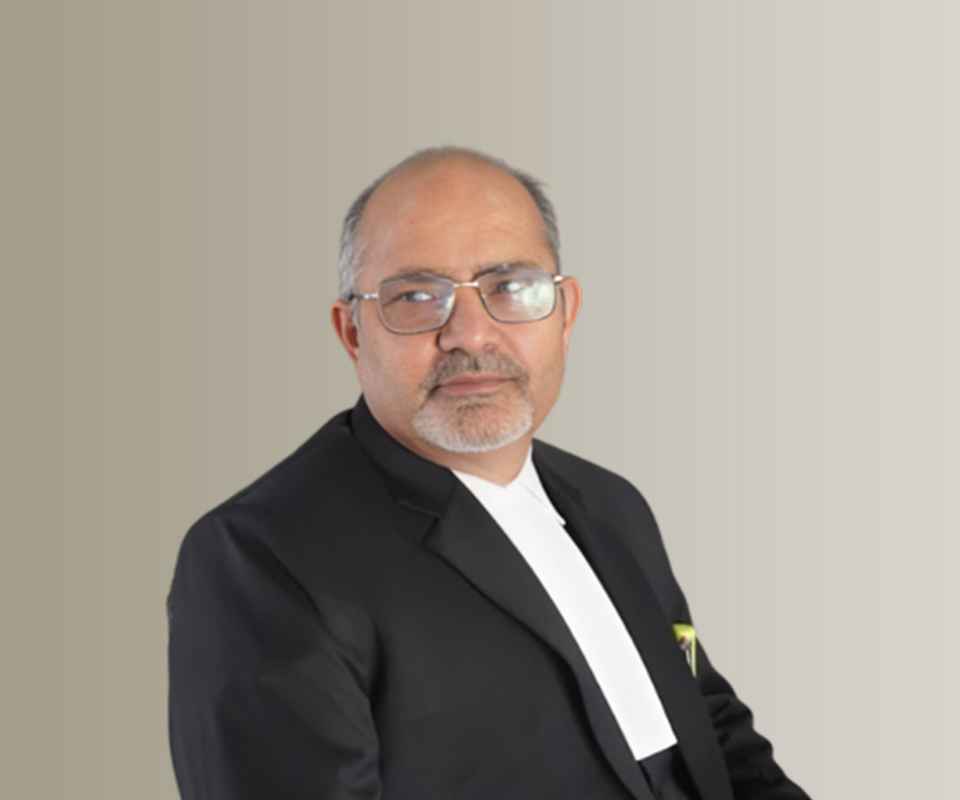Answer By law4u team
When a person passes away, their financial responsibilities, including any outstanding loans or debts, do not automatically disappear. Instead, the loans and debts of the deceased person become part of their estate, and the estate must be used to settle these liabilities before any inheritance is distributed to the heirs. The process for handling loans of a deceased person typically involves determining the validity of the debt, identifying responsible parties, and following the appropriate legal procedures to settle these obligations.
What Happens to Loans of a Deceased Person:
Liabilities Transfer to the Estate:
Upon death, the loans of the deceased person do not get canceled. Instead, the responsibility to repay those debts falls on the deceased person’s estate. The estate consists of all the assets, such as property, savings, investments, and other valuables, that the deceased owned at the time of death.
Executor’s Role:
If there is a will, the executor appointed in the will is responsible for settling the deceased person’s debts before distributing any inheritance. If there is no will, the court appoints an administrator to manage the estate and pay off debts.
Repayment from the Estate:
The debts of the deceased, including loans, mortgages, and credit card bills, must be repaid from the estate’s assets. The executor or administrator is required to use the estate’s funds to settle these debts. If the estate does not have enough funds to cover all the debts, the assets will be sold, or the debt may be written off partially, depending on the situation.
Order of Payment:
In many jurisdictions, the order of payment is established by law. Typically, funeral expenses, taxes, and secured debts (like mortgages) are paid first. Unsecured debts, such as personal loans or credit card debts, are paid afterward.
Role of Legal Heirs:
No Personal Liability for Family Members:
Legal heirs (such as children or a spouse) are not personally responsible for the deceased’s debts, except in cases where they were co-signers on loans or personally guaranteed the debt.
Inheriting Debt:
Heirs inherit the deceased person’s property and assets, but they also inherit any remaining debts. However, they are only responsible for repaying the debts to the extent of the value of the estate. If the estate’s assets are insufficient, the heirs are not personally liable to pay the excess amount.
Property Distribution:
The heirs can only receive their share of the estate after all the debts and liabilities have been cleared. If the estate does not have enough assets to cover the debts, the distribution of the property may be adjusted or even halted.
Secured vs. Unsecured Loans:
Secured Loans:
If the deceased person had secured loans, like a mortgage or car loan, the loan is tied to specific property. The lender may claim the property (for example, repossessing the house or car) if the loan is not repaid.
Unsecured Loans:
Unsecured loans, such as personal loans or credit card debt, do not have specific property tied to them. The lender will generally have to file a claim against the deceased’s estate. If the estate lacks sufficient funds, the loan may remain unpaid, and the creditor may absorb the loss.
If the Estate is Insolvent:
If the estate does not have enough assets to cover all debts, it is considered insolvent. In this case, creditors may receive only a portion of what is owed, based on the available funds. The executor must follow the legal process to handle the estate’s insolvency, and creditors will typically be paid in a specific order of priority.
In many jurisdictions, heirs are not required to pay out of their personal funds for debts exceeding the estate's assets, unless they have a legal responsibility, such as being a co-signer.
Spouse’s Rights and Responsibilities:
Surviving Spouse:
In some jurisdictions, the surviving spouse may be entitled to a portion of the deceased's estate before creditors are paid. However, if the spouse was a co-signer on any debts or loans, they may be personally responsible for paying those debts, regardless of the estate’s ability to pay.
Community Property Laws:
In some regions, if the deceased person and the surviving spouse were in a community property regime, the surviving spouse might be liable for certain debts, even if they were not co-signers. This depends on local laws regarding marital property.
Disputes with Creditors:
If creditors challenge the validity of the deceased's debts, or if there is a dispute over how much is owed, the matter may need to be resolved in probate court. The executor or administrator of the estate will handle these disputes and ensure that creditors are treated fairly according to the law.
Legal Actions and Protections:
Probate Process:
The probate process is where the deceased’s will (if available) is validated, debts are settled, and assets are distributed. The executor is responsible for notifying creditors and ensuring debts are paid before distributing any remaining assets to the heirs.
Consulting a Lawyer:
Executors or heirs should consult with an attorney specializing in probate and estate law to navigate the complexities of debt repayment and ensure the process is legally sound. An attorney can assist in handling disputes with creditors, especially if the estate is insolvent.
Example:
If a person dies with an outstanding mortgage of $100,000 on their home, the executor of the estate must use the estate's assets to repay this debt. If the estate has enough funds, the mortgage will be paid off, and the home can be transferred to the heirs. However, if the estate does not have sufficient funds, the executor may need to sell the house to pay off the mortgage. If there are remaining debts, such as credit card bills, they will be paid from the remaining estate assets, and any unpaid debt may be written off if there are insufficient assets.
If the deceased’s children inherit the house, they will not be personally responsible for the remaining mortgage beyond the estate’s ability to pay. However, if they were co-signers on the mortgage, they would have to pay the remaining balance.







